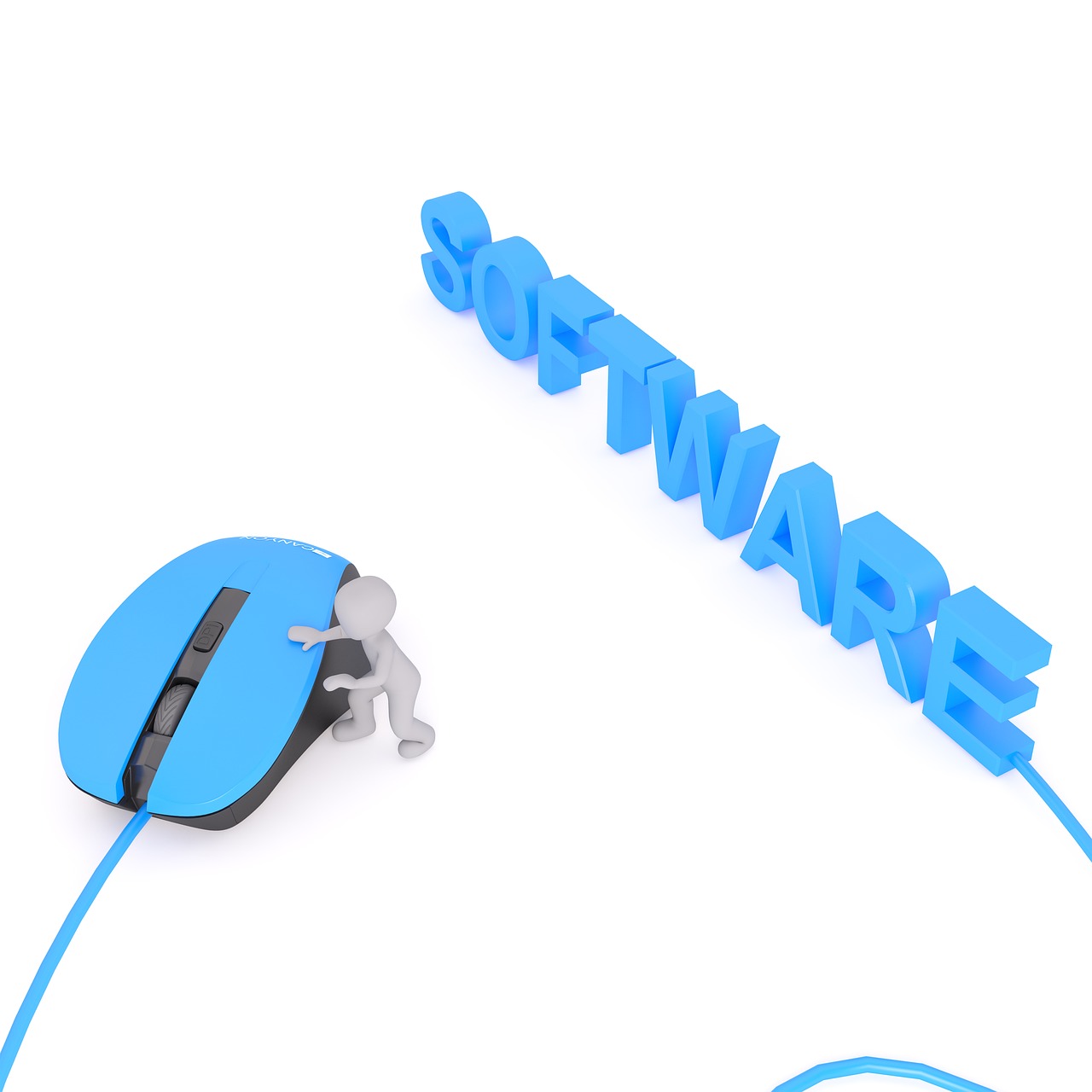OTHER
Different experiences with free and freemium software trials

There are a number of hurdles to clear internally that make free trials hit-or-miss when businesses are updating their martech stack. In disruptive times like these, however, organizations are looking to evolve and further transform their digital capabilities. When are free trials helpful to the process?
A B2B company, for instance, could see growth potential in e-commerce sales and in adding consumer customers. In other cases, marketers are looking to expand their reach or improve measurement in existing channels.
Playing in a sandbox and upgrading a low-tier subscription
M&D Distributors, a Texas-based engine parts distributor, is building out its e-commerce sales, a project several years in the making. Since the pandemic, the company has seen an increase in direct-to-consumer sales (reflected in their new website).
According to E-commerce Product Manager Tyler Simons, the company decided to adopt a payment app, in keeping with what they saw some competitors doing. After looking at the various plans different vendors offered, they found Affirm’s monthly options the most desirable for customers.
Though there was no trial offer for Affirm, the M&D Distributors marketing team got to test the experience, before going live, via Affirm’s sandbox environment.
“Using Affirm was just another opportunity to show the extra capabilities we have and offer to make the consumer experience a little better,” said Simons. “One of the reasons we chose Affirm was that we know a lot of consumers are strained on their budgets.”
Installing a payment plan app is part of a larger transformation project for M&D Distributors. In January, the Marketing Business Development Manager and his team began using HubSpot’s CRM. The success with this system already spurred the company to upgrade from a low-cost to a medium-cost tier, Simons stated.
Because Affirm doesn’t offer a free trial to marketers, there is added pressure for the system to generate new revenue.
“We’ve had mixed feelings about the response,” Simons said. “It’s worked from the standpoint that we get 20 orders per month through it. But we were hoping it would get 30 or 40 to recoup the initial investment faster.”
Privacy concerns narrow opportunities for experimentation
Some companies have a limited ability to try new solutions on a trial basis due to constraints within their industry. For instance, in the financial sector, the amount of security needed to protect customer accounts makes many free trials unfeasible.
“When vendors want to push a free trial or freemium product, for us this means anything from change management to how it plays into cybersecurity,” said Chris George, Director of Martech for Canadian regional bank ABT Financial. “It’s very difficult to onboard something just to try.”
Having access to top-of-the-line technology at no cost might seem enticing. But often the value also comes with the service that accompanies the technology, and that’s not provided in many freemium versions.
“Freemium generally means we don’t get the support for onboarding and change management,” George said.
There are areas in the company’s marketing and operations that are a little less strictly regulated. For example, ABT Financial chose to evaluate ClickMeeting to host webinars over the last year. According to George, Zoom wasn’t possible for security reasons. “We use G Suite, and that’s not ready for prime time when it comes to Webinars,” George said. “It’s not appropriate for marketers right now.”
For the moment, ABT Financial is continuing to use the freemium ClickMeeting to host webinars, and is still reviewing next steps.
Because of the change management factor, the ideal use case for a free trial might not be to replace existing solutions. Of course, replacement is a major part of managing a martech stack, but free trials are easier to implement when looking at new tools.
Take the Martech Replacement Survey.
Melissa Chiou is a social media specialist for a marketing consulting agency, working as a team member embedded in the marketing department. Her client is a branch of the U.S. government.
Chiou wanted to trial a measurement tool for competitive analysis to see how her client’s presence ranked on different social media channels.
“A couple of vendors had free trials,” she said. “Most are really new, and there’s no brand recognition. For a freemium service, you can work with this layer and find out – does it solve a problem for your team?”
A vendor provided a 14-day trial with free analysis. Chiou found that the solution did solve a problem for the team, and she put forward her recommendation to the government in favor of using the vendor.
This kind of success shows that marketers can benefit from free trials. But there are specific instances when they work best, and other times when they work against the goals organizations are trying to reach during the regular course of business.
This story first appeared on MarTech Today.
https://martechtoday.com/different-experiences-with-free-and-freemium-software-trials-247620
Author:
Chris Wood draws on over 15 years of reporting experience as a B2B editor and journalist. At DMN, he served as associate editor, offering original analysis on the evolving marketing tech landscape. He has interviewed leaders in tech and policy, from Canva CEO Melanie Perkins, to former Cisco CEO John Chambers, and Vivek Kundra, appointed by Barack Obama as the country’s first federal CIO.
